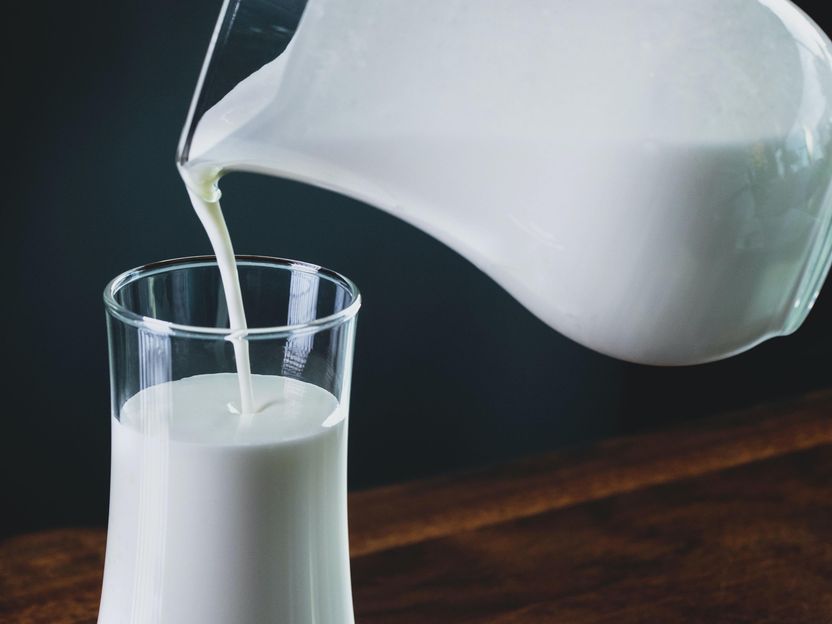High consumption of cow’s milk associated with higher risk of developing preclinical type 1 diabetes in genetically predisposed children
In a study conducted in Finland, it was found that children who consume high quantities of cow’s milk products have a higher likelihood of developing prediabetes associated with type 1 diabetes.

Photo by Eiliv-Sonas Aceron on Unsplash
Katariina Koivusaari, Master of Food Sciences at the University of Helsinki, observed in her doctoral research carried out at the Finnish Institute for Health and Welfare that high consumption of cow’s milk products was linked to a heightened risk of developing type 1 diabetes in children who were genetically predisposed to the disease.
Type 1 diabetes is more common among children in Finland than anywhere else in the world, and its incidence has multiplied manyfold since the 1950s.
“In terms of composition, milk is a very complex substance, and the factors in milk that may be associated with risk of diseases cannot be pinpointed on the basis of the research conducted so far,” Koivusaari says.
That high consumption of milk in early childhood may potentially predispose people to type 1 diabetes has already been observed in prior studies.
A link between infant formula and asthma in children?
In addition to type 1 diabetes, Koivusaari investigated the link between cow’s milk products and the development of asthma in children. The study found that the consumption of milk products subjected to high-temperature treatment, such as infant formula, was associated with a heightened risk of developing asthma. A corresponding link was not observed in pasteurised milk products, in whose case the treatment is less intense. The findings indicate that the processing of milk may alter its immunological properties.
With regard to asthma, prior research has provided indications of raw, unprocessed milk potentially protecting children against asthma. However, raw milk cannot be recommended for children, as it may contain hazardous bacteria. Koivusaari’s doctoral thesis is the first study observing a possible link between the high consumption of milk products subjected to high-temperature treatment, which include infant formula, and a heightened risk of developing asthma in children.
According to Koivusaari, further research is needed to understand whether the consumption of cow’s milk products actually predisposes to preclinical type 1 diabetes and that of infant formulas to asthma. It may also be that the explanation for the links observed is a factor that is yet to be identified.
“Further studies should also determine which factor in milk may be connected to the risk of diseases for this to be taken into account in its processing. Individual research findings do not change nutritional recommendations, which are based on extensive research evidence,” Koivusaari notes.
The dataset
The dataset utilised in Koivusaari’s doctoral thesis is based on the Type 1 Diabetes Prediction and Prevention (DIPP) study, which includes more than 6,000 children born between 1996 and 2004 in the university hospitals of Tampere and Oulu.
In the study, data on the children’s diets were collected with the help of food records. Cow’s milk products were classified according to the adopted heat treatment and homogenisation. At intervals of 3–12 months, the study participants were monitored for the occurrence in blood samples of type 1 diabetes-related autoantibodies, which indicate prediabetes, and information on asthma was collected when the children were five.
Most read news
Topics
Organizations
Other news from the department science

Get the food & beverage industry in your inbox
By submitting this form you agree that LUMITOS AG will send you the newsletter(s) selected above by email. Your data will not be passed on to third parties. Your data will be stored and processed in accordance with our data protection regulations. LUMITOS may contact you by email for the purpose of advertising or market and opinion surveys. You can revoke your consent at any time without giving reasons to LUMITOS AG, Ernst-Augustin-Str. 2, 12489 Berlin, Germany or by e-mail at revoke@lumitos.com with effect for the future. In addition, each email contains a link to unsubscribe from the corresponding newsletter.



























































